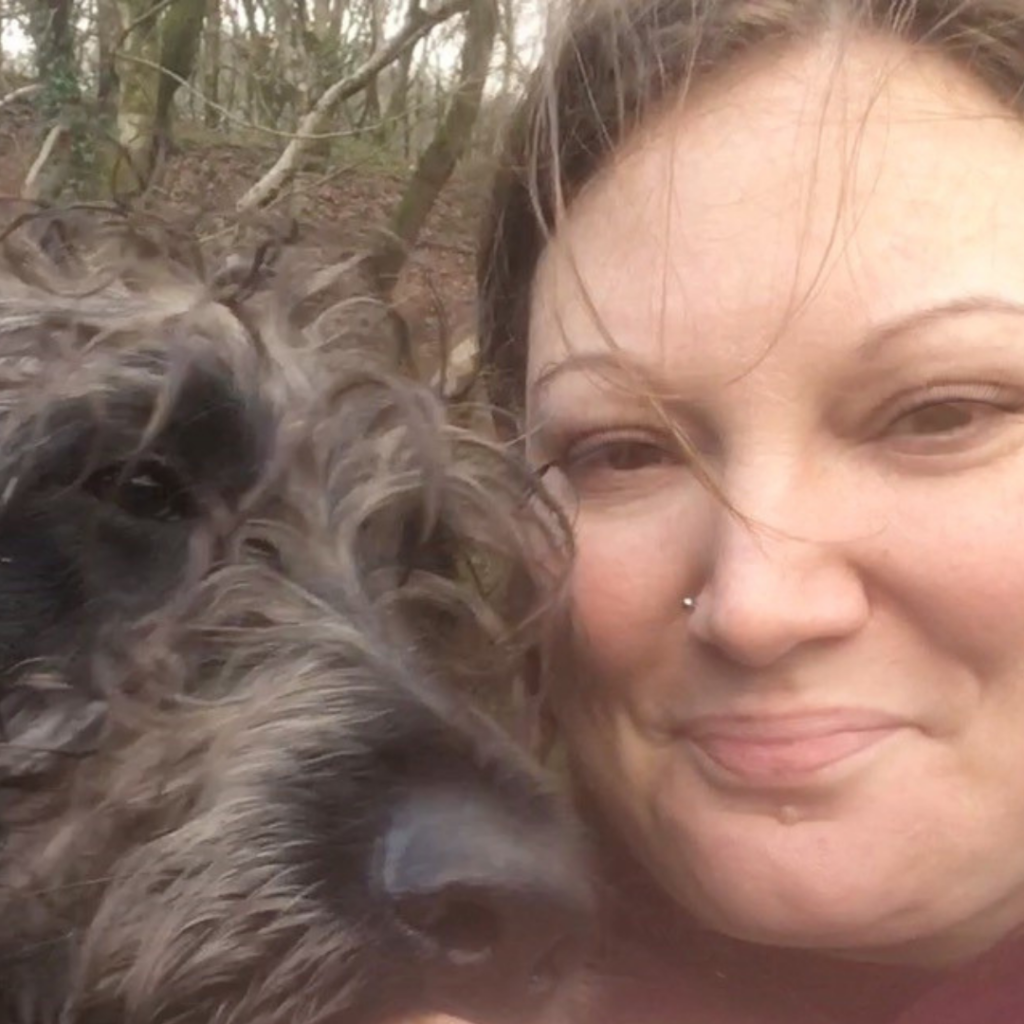Tip Nine From the Expert: Consistency during those teenage years
From the series 10 Tips on How to Form a Lifelong Bond with your Dog
The other thing to think about while your dog is being a nightmare is consistency. The more challenging they are the harder it is – we’re only human and our patience sometimes runs thin.
If you’re unpredictable, anxiety can creep in. Most of my clients know how important consistency is and try very hard. Here’s how I check.
Me: “Does he come up on the sofa with you?”
My Client: “Oh yes, he loves his cuddles.”
Me: “What do you do if he comes up for a cuddle and you’ve just been for a walk and he’s wet and muddy?”
My Client: “Shout at him to get down!”
… suddenly the penny drops.
This isn’t a criticism at all, it’s just to illustrate that we’re hardly ever as consistent as we believe we are, especially when we have children.

Think about those things you found cute when your puppy could fit in the palm of your hand, but are not so cute now that he or she can actually bowl you over. Some dogs, of course, won’t care or will take it in their stride, but some might become worried.
Emotional Conflict
Some dogs experience emotional conflict. This is when they are highly motivated to do something like jump up at you because he’s always really enjoyed it. But now they are big you’ve started telling them off so although they still really want to do it they are a bit worried about the consequences.
This can result in some seemingly bizarre behaviour, like rushing up to greet you then running away. My tip here would be that if your dog is naturally anxious, and this is something you want to work on, turn it into a game.
As a family, whenever someone breaks the consistency rule with Fido, they have to put their name and 50p in a jar. Whoever has the least entries in the jar at the end of the week gets the cash!
It’s also worth remembering to be as kind to yourself as you are to your dog. You probably don’t punish his little mistakes so don’t beat yourself up about yours either.
Tip Ten My final tip in this series covers looking after each other – just as important between you and your dog, as between your family and friends.

Rachel Leather – Animal Behaviourist
For the last 12 years, Rachel has been helping others understand and manage the behaviour of dogs, cats and horses. After studying Psychology at Cardiff University, she went on to complete her Masters degree in animal behaviour at the University of Exeter. Rachel then ran a degree programme in Applied Animal Behaviour, teaching others the knowledge requirements to become a behaviourist, and set up a referral clinic to enable her students to gain practical experience of behaviour consultations. She enjoyed this so much that, although no longer lecturing, continues to see behaviour cases on referral from vets and runs CPD classes for vets and other professionals.
You can discover more about Rachel’s professional work here.